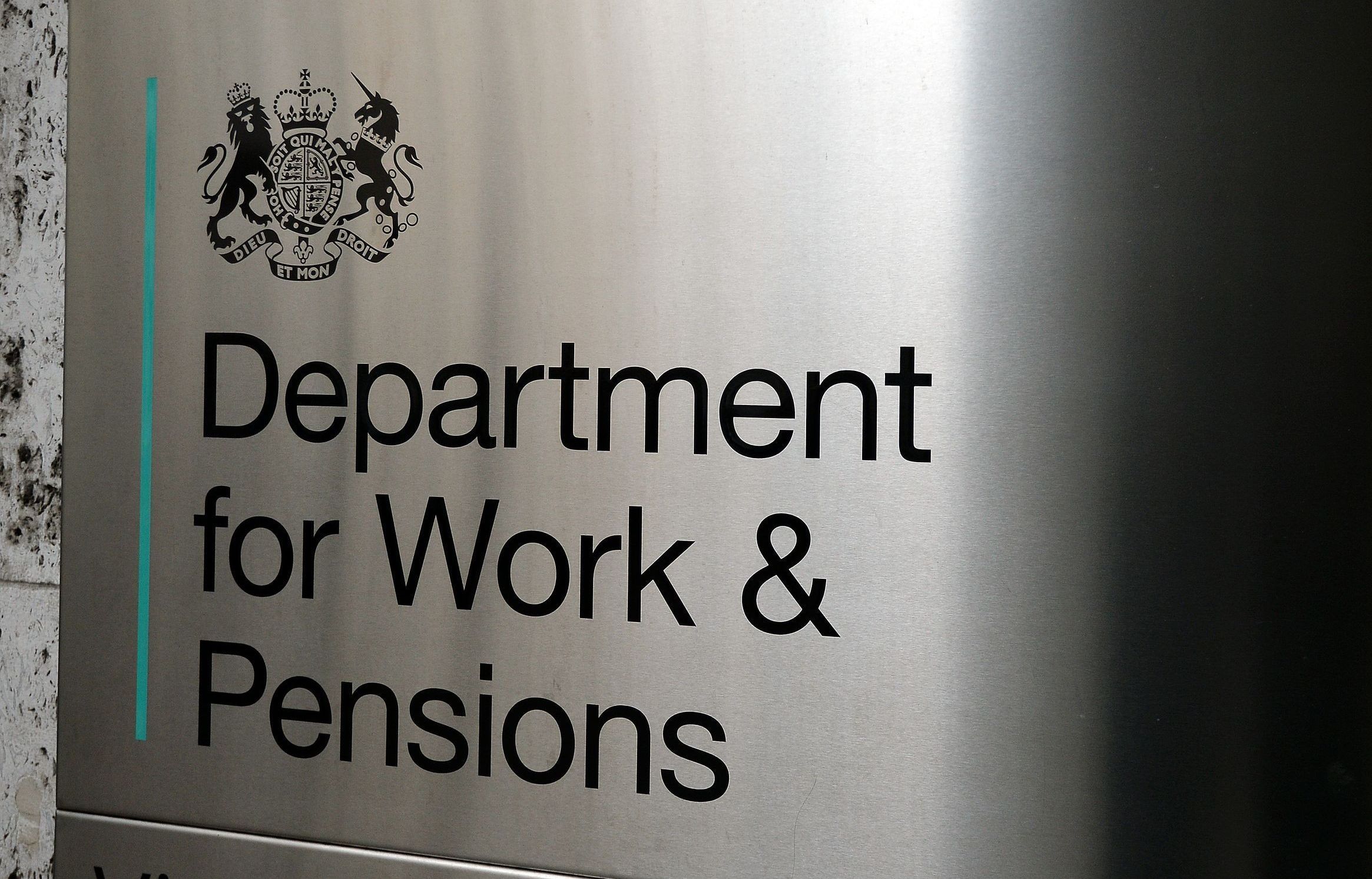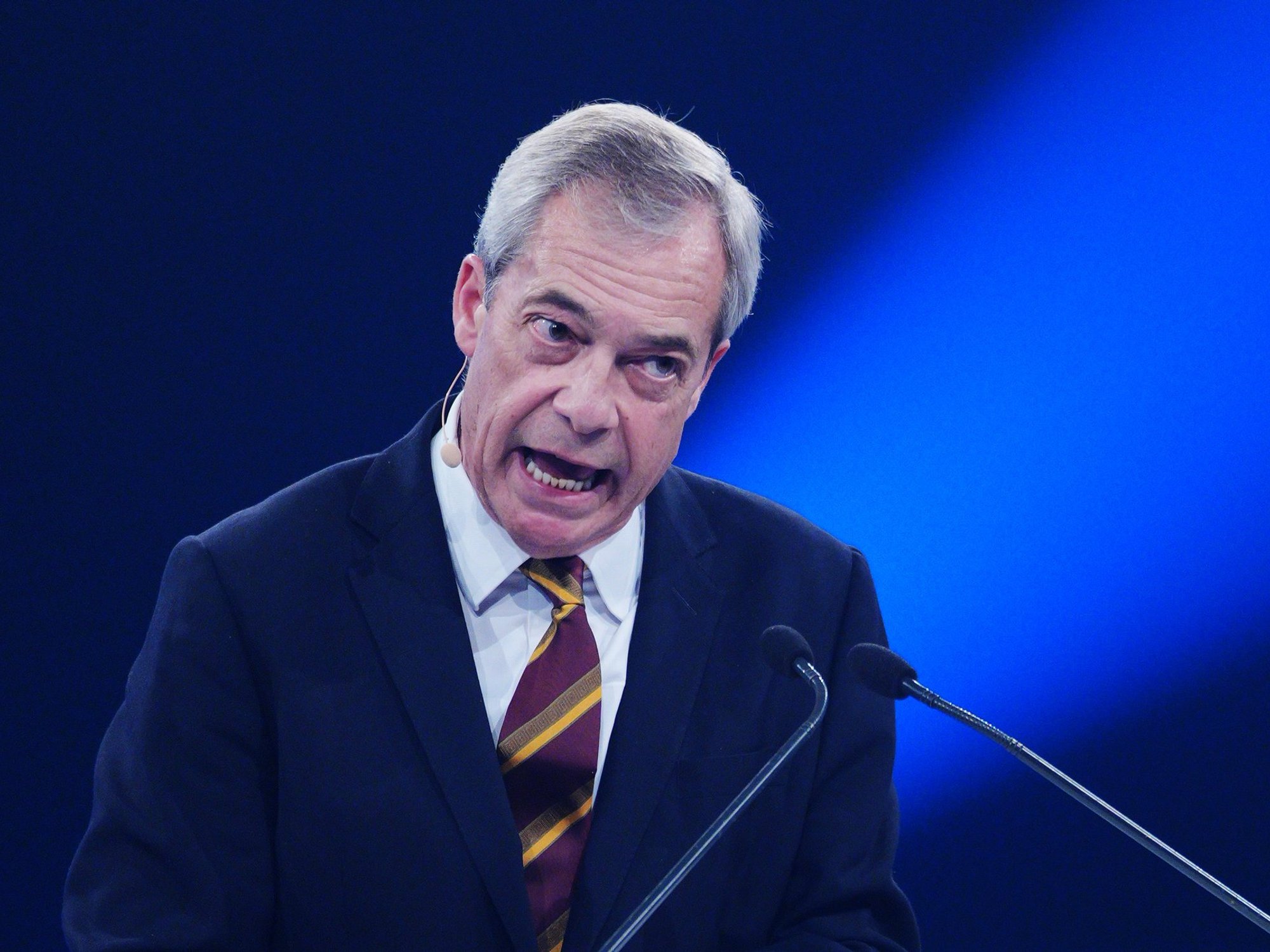Triple lock fears grow as shrinking economy threatens state pension rise - retirees could see 'smaller increase next April'

State pension age rise ‘almost inevitable’: Ann Widdecombe issues warning as Denmark raises the bar |
GBNEWS

Falling GDP and weaker wages threaten to lower April 2026 state pension increase under triple lock rules
Don't Miss
Most Read
Next year’s state pension rise could be smaller than expected as wages slow and the economy takes a downturn.
New figures show the UK economy shrank by 0.3 per cent in April 2025, reversing the small growth seen in March.
This economic slowdown could reduce wage growth, which currently stands at 5.3 per cent and serves as the key measure for calculating pension increases under the triple lock system.
The triple lock promises that the state pension will rise each year by the highest of: earnings growth, inflation, or 2.5 per cent.
At the moment, wage growth is ahead of both inflation, at 3.5 per cent, and the 2.5 per cent minimum, meaning it would decide the increase.
But the recent fall in GDP raises concerns that wages could dip before the official figures used to set the April 2026 pension rise are collected.

Triple lock fears grow as shrinking economy threatens state pension rise
| GETTYAmy Knight, a personal finance and small business expert, warned: "A slowdown in economic growth could spell trouble for pensioners relying on a sizeable uptick in their state pension to stay on top of rising bills."
Employment data released this week showed fewer people on company payrolls. It also revealed slower pay growth compared to the previous three-month period.
Knight explained that if this trend continues, the labour market could weaken further. She said: "If growth in pay keeps cooling, this would drag down the average earnings figure, potentially resulting in a smaller state pension increase in April 2026."
Kate Smith, head of pensions at a wealth firm, shared a similar view.
She said: Despite expectations for inflation to temporarily climb before settling back near the Bank of England’s two per cent target, the outlook for earnings growth could fall given the current economic environment."

Pensioners may be eligible for support such as Pension Credit, Housing Benefit or Carer’s Allowance, depending on their circumstances.
| PAIf earnings growth drops to four per cent, the full new state pension would increase from £230.25 to around £239.50 per week. That’s an annual rise of £480, less than April’s 4.1 per cent increase, which was driven by stronger wage growth.
Knight added that while unlikely, a recession could push both inflation and wages below 2.5 per cent. In that case, the triple lock would fall back on the minimum guarantee.
Smith said: "Time will tell, but it does look increasingly unlikely, given the lack of UK economic growth this year, that pensioners will see a similar rise next April."
Knight offered practical advice for pensioners concerned about their finances: "How much the state pension goes up may be outside your control, but there may be outgoings that you can adjust to provide more financial freedom."

Knight added that while unlikely, a recession could push both inflation and wages below 2.5 per cent
| GETTYShe encouraged pensioners to review their bills and switch to better deals if possible and said: "Given the hike in household bills this spring, shopping around for cheaper deals is crucially important.
"Seek support from a relative, neighbour or trusted friend if you feel overwhelmed by the task of switching energy supplier or broadband provider."
Knight also suggested checking for extra financial help.
Pensioners may be eligible for support such as Pension Credit, Housing Benefit or Carer’s Allowance, depending on their circumstances.
More From GB News










